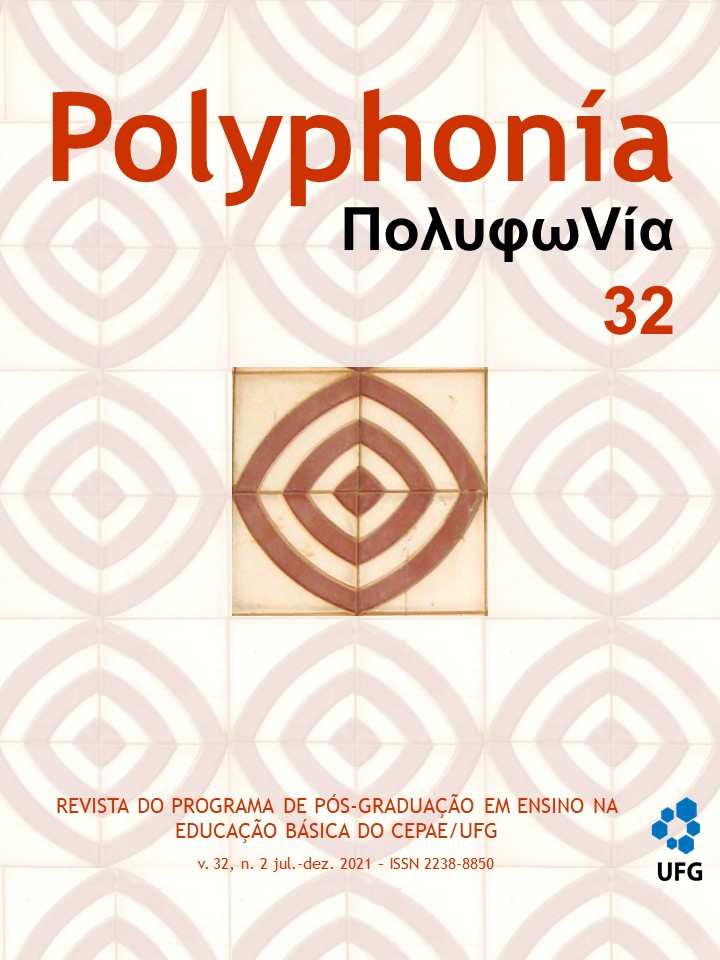Cuentos de hadas e infancia: la dialéctica entre tradición y modernidad
DOI:
https://doi.org/10.5216/rp.v32i2.70894Abstract
The article addresses the resurgence of traditional fairy tales, on the occasion of a very abundant decade of film production based on their stories, for the construction of identity through the reflective project of the self, characteristic of this stage of modernity. Conceptually, it draws on theorizations about current modernity (GIDDENS e BECK, 1996) and the transformations of education concomitant to post-industrial society (RIESMAN, 1964 e BAUMAN, 2001). Methodologically, it uses hermeneutics for the interpretation of the objectified meanings that emanate from the plot and actions of some of the characters in the films, for their discussion as potential guides of subjects obliged to individuation and the formulation of life plans in contexts. Of high uncertainty. The hypothesis of the work consists in that the imbalance between a confused and cacophonic present, an uncertain and risky future towards which to project oneself, and a past that provides security and vital meaning due to the re-elaboration and stylization of tradition, plays a relevant role in explaining the return of classic fairy tales, as they offer normative guidance and valuable educational content for children, which needs to be reaffirmed.


